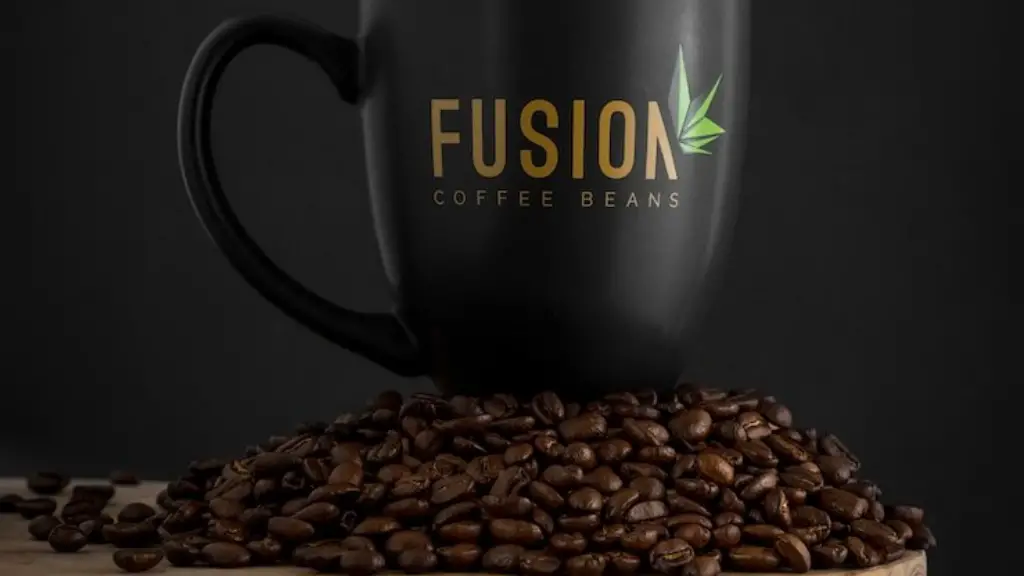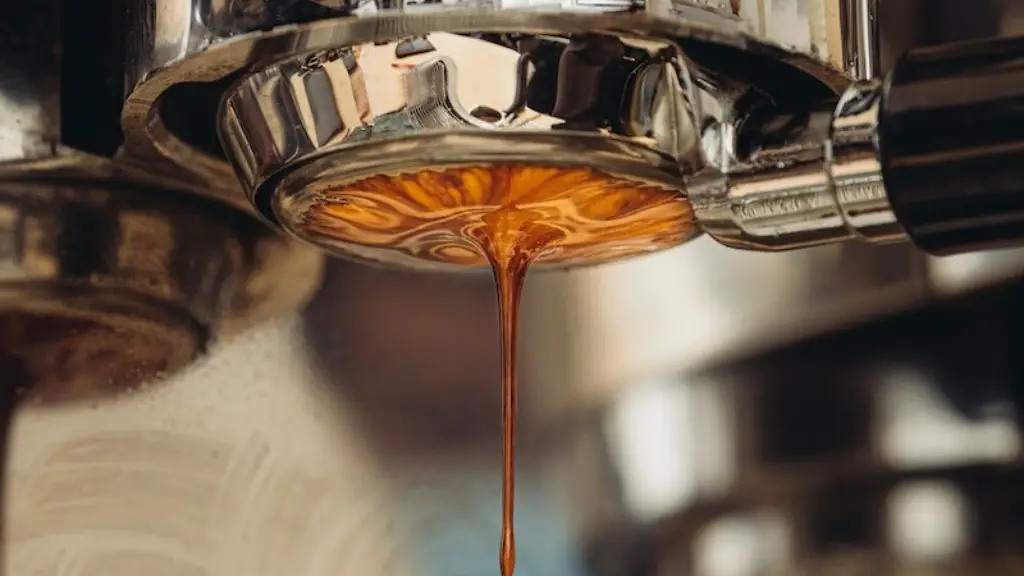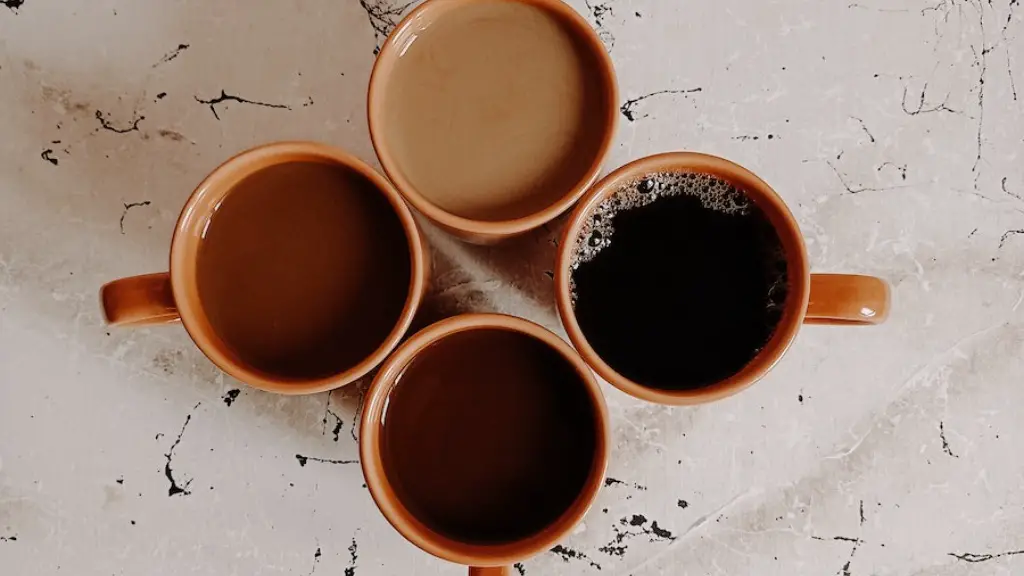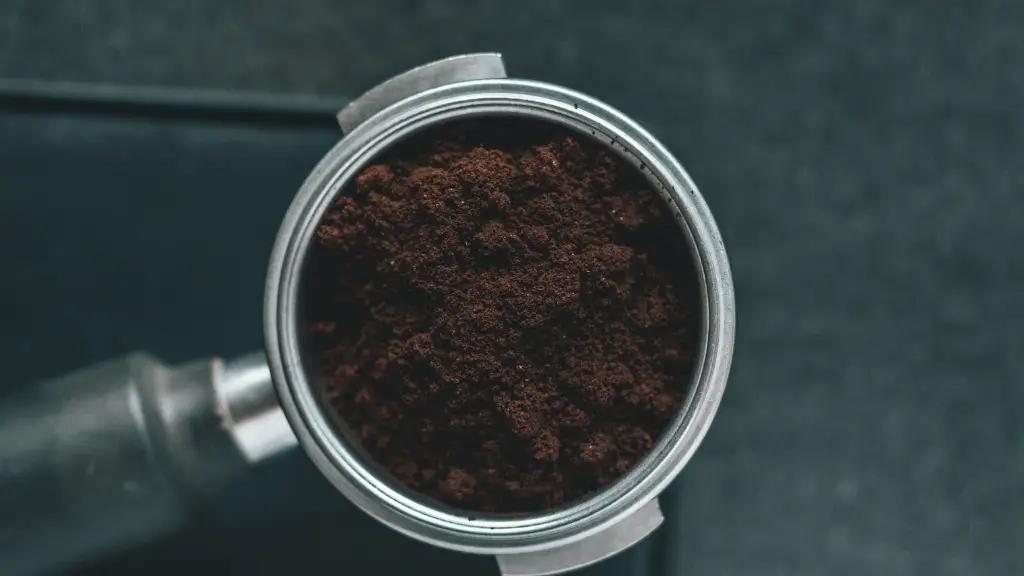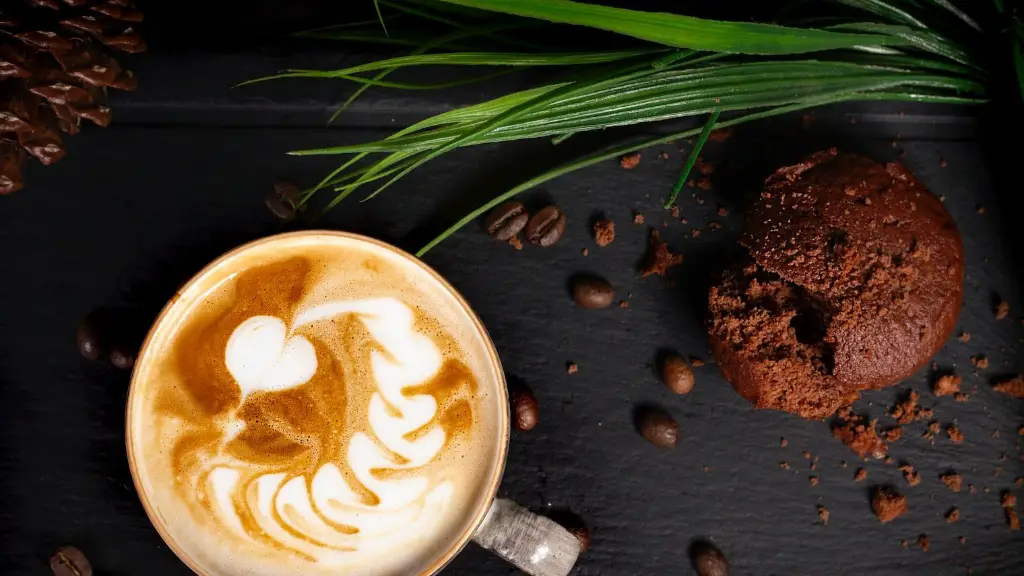Millions of people suffer from anxiety worldwide and it can be incredibly daunting to contemplate the idea of caffeine being part of the equation. Caffeine, after all, is a stimulant, and for people with anxiety, stimulants can be particularly problematic, as they can increase heartbeat, increase agitation and complicate the condition even further. Yet, there’s also a way to get the cup of coffee, even in the face of anxiety—decaffeinated coffee. But, is it even a feasible option? Is it advisable to drink decaf coffee if you suffer from anxiety?
A few experts advocate for drinking decaf coffee for people with anxiety. For example, Dr. Kyle Catlett, a clinical psychologist, recommends decaf coffee for those with anxiety and mood issues, arguing that the “change in sleep cycle” that can result from regular caffeine consumption “can be quite detrimental to a person managing their anxiety.” Furthermore, according to Patricia Varley, a doctor of psychology, caffeine consumption can exacerbate existing anxiety symptoms. By replacing regular coffee with decaf coffee, people with anxiety can avoid those symptoms and turn to decaf as a source of comfort. Dr Varley also notes that decaf can still bring significant benefits: the warm cup of coffee, the ritual of having a cup of coffee, and the comfort that it can bring are all still possible.
That said, experts also recommend caution. Daniel Agliata, a cognitive psychologist, believes that “caffeinated beverage consumption can certainly be a part of a balanced diet for those who already have a heathy nervous system and a low tendency for anxiety.” Yet, for people with anxiety, he does not recommend caffeine consumption at all, decaffeinated or not. John McGuinness, a cognitive health practitioner, takes a similar stance: he doesn’t recommend drinking caffeine at all, but acknowledges that some people in the health industry may consider decaf as “the lesser of two evils.”
Genetics
A person’s genetics can be an important factor to take into consideration when contemplating decaf coffee consumption if you have anxiety. In fact, some experts view genetics as a barometer to help anticipate how the body will react to caffeine. For example, Dr. Catlett recommends that those with anxiety “consider their family members who have either had the same issue or not and choose coffee depending on what their reactions have been to the stimulant.” In other words, a person’s genetics can suggest how likely it is for them to encounter increased anxiety as a result of caffeine consumption.
It’s worth noting that not all experts agree. Dr. Varley argues that, in some cases, genetics bear little relevance to the effects of caffeine—at least among patients whom she has treated. Instead, she suggests that the best way to determine the reaction to the stimulant is through trial and error. She believes that this process “can provide the most accurate results” and help those with anxiety to find out whether or not to include decaf coffee in their daily lives.
Nevertheless, it is important to take into consideration that the effects of caffeine, whether it is decaffeinated or regular, can vary and can be unpredictable. Therefore, it is essential to consider all the possible options and understand the risk factors associated with each one before making a decision.
Side Effects
It’s important to talk about the potential side effects of caffeine consumption for people with anxiety as well. Caffeine can cause dehydration, increased heart rate, panic attacks, lack of focus, insomnia, and many other types of physical and emotional effects. For example, Dr. Catlett warns that “those prone to anxiety may experience further anxiety-like symptoms when suddenly stopping caffeine.” Symptoms such as irritability, sweating and nausea are some of the common side effects that may occur when stopping the consumption of coffee suddenly. It’s important to be aware of them and consider them carefully before taking any decision regarding caffeine consumption.
Moderation
At the same time, coffee experts often recommend moderation and caution to their clients. They view the idea of “cutting out” coffee completely as a drastic step that should be avoided if possible. For example, Dr. Varley believes that it’s better to start off with small increments: “Start small, increase the amount gradually and be careful when the body starts to show signs of tiredness, you should take a break.” It’s important to be mindful of how your body feels and also be conscious of the potential side effects from caffeine, given that anxiety is already a taxing condition.
In the same vein, Dr. Catlett suggests that the decision of whether or not to drink decaf coffee should depend on the individual and their lifestyle. He believes that because everybody is “different, their reaction to caffeine and the stimulant will also be different.” As a result, it is important to discuss the issue with medical professional and determine if decaf coffee consumption is an appropriate option based on one’s health condition and lifestyle.
Consumption Levels
It’s also worthwhile to consider the consumption levels of decaf coffee. Dr. Catlett believes that the amount consumed should be taken into account, as it can affect the potential side effects of the stimulant. He suggests that “two cups of decaf coffee can be consumed” and any more than that should be discussed with a medical professional. He recommends avoiding any more than two cups of decaf, as “more than two cups may start to interfere with one’s sleep cycle” and can contribute to increased levels of anxiety. Furthermore, experts also suggest that the quality and roast of the decaf coffee should be taken into consideration, as some of them may contain higher levels of caffeine than others.
Alternatives
Finally, there are other alternatives to decaf coffee if one is still concerned. For example, there are a number of different caffeine-free beverages, such as herbal tea and caffeine-free “coffees.” Furthermore, there are also a variety of different herbal supplements that can be taken to aid with calming down and combatting anxiety, such as kava, ashwagandha and passion flower extracts.
In conclusion, while it may be possible to drink decaf coffee with anxiety, it is always important to talk to a medical professional. That way, you can get the most accurate and personalized advice for your situation. Furthermore, it is important to consider all the potential risks and side effects associated with caffeine consumption and be mindful of any potential signs of increased anxiety or other side effects. By taking into account all of these elements, people with anxiety can make an informed decision regarding the consumption of decaf coffee.
